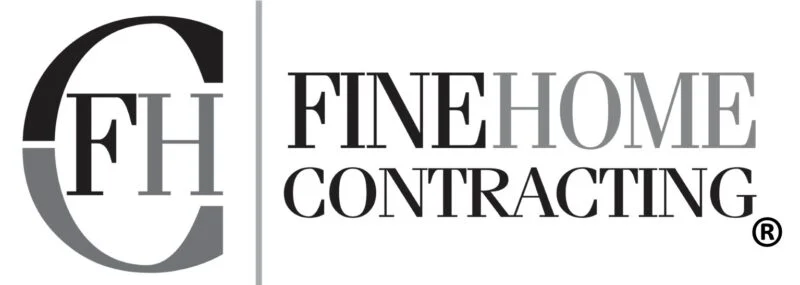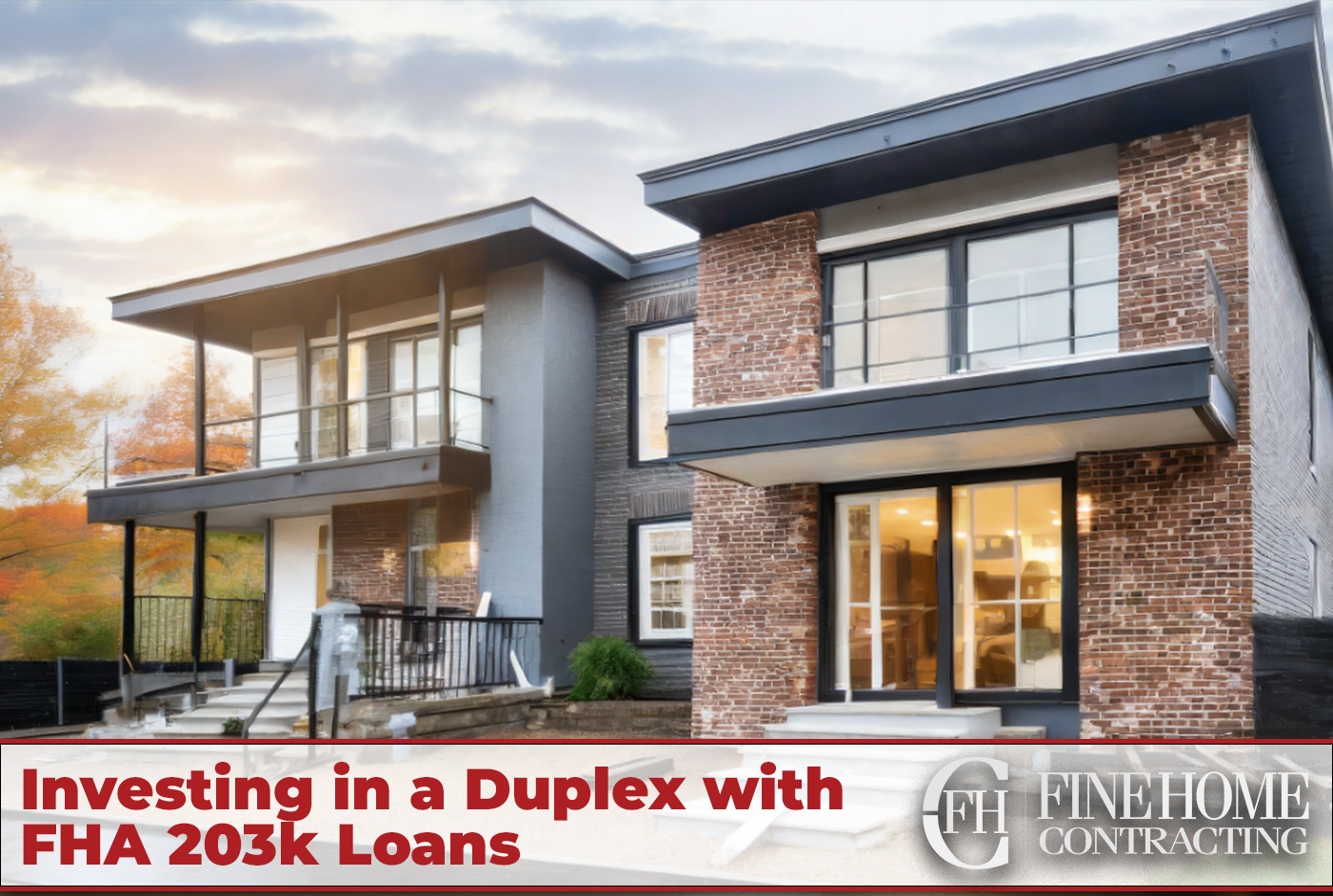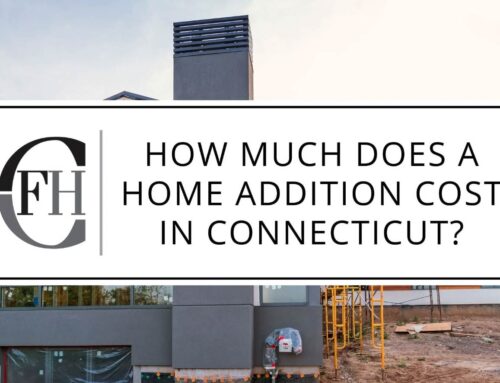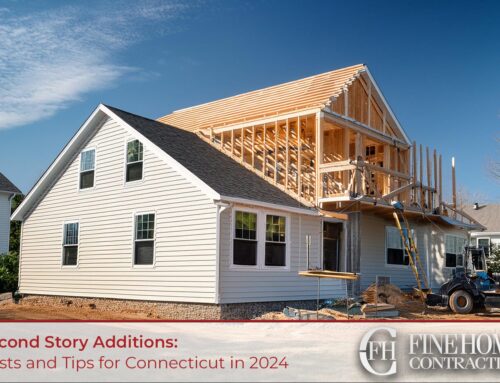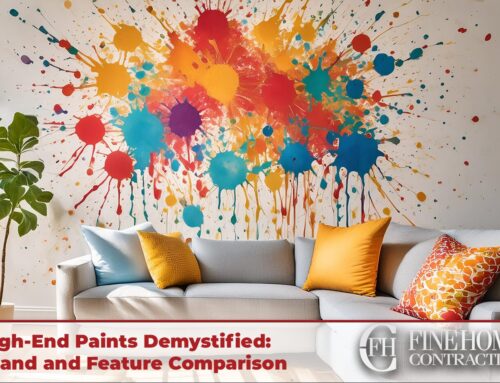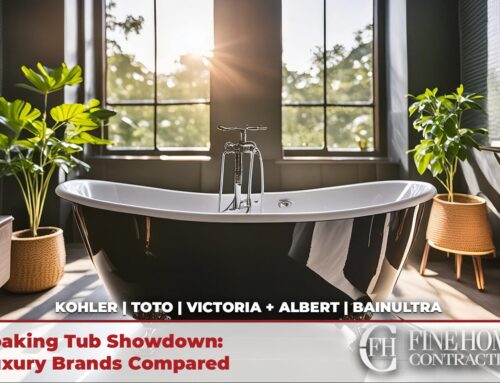When it comes to real estate investments, taking your first steps and getting your foot on the property ladder is often the trickiest stage. One of the most popular options for aspiring property owners is renovating a duplex: Duplex properties offer both rental income and potential appreciation, making them an attractive option for investors.
But what if you need financing to fund the renovation? This is where an FHA 203k loan comes into play. FHA 203ks are limited to owner-occupied properties, so in most cases they aren’t suitable for investment properties. The opportunity duplexes provide to use a FHA backed renovation loan while also gaining a passive income is fairly unique in the real estate world, especially for first-time owners.
In this guide, we’ll explore how to find suitable properties, locate a qualified FHA 203k contractor, understand the nuances of 203k loans, and discover valuable tips for renovating a duplex for investment.
Understanding FHA 203k Loans
FHA 203k loans are government-backed loans that provide financing for the purchase and renovation of properties. However, there are some restrictions to consider:
Finding the Right Duplex Property
Before diving into the world of renovation, you must find the perfect duplex property. Here are some essential steps to consider:
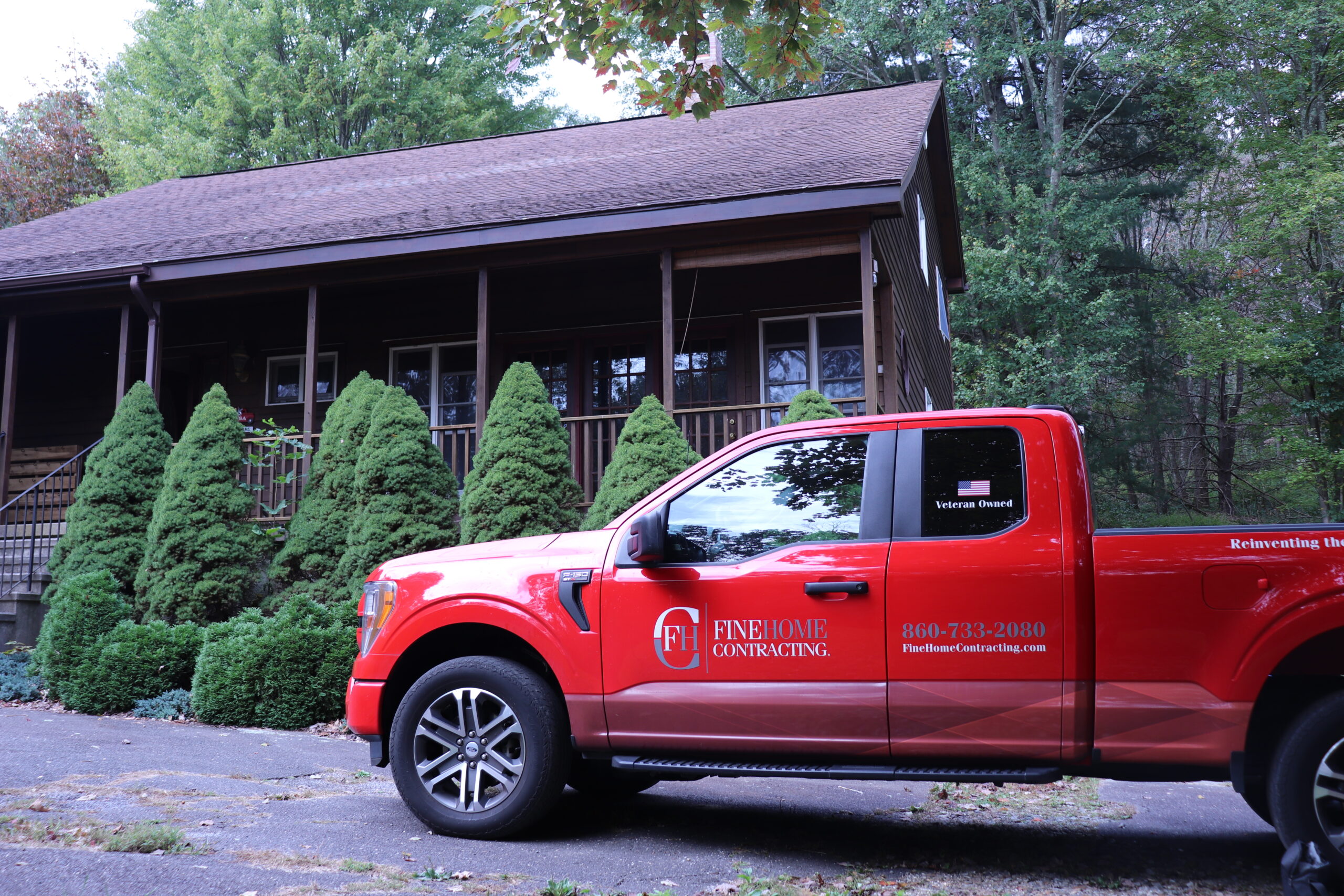
Finding an FHA 203k Contractor
Not every contractor is prepared to handle a 203k renovation: They require knowledge specific to FHA’s standards for minimum repairs, and furthermore need to be able to work alongside a HUD or home inspector. Here’s a few tips on how to locate the right professional:
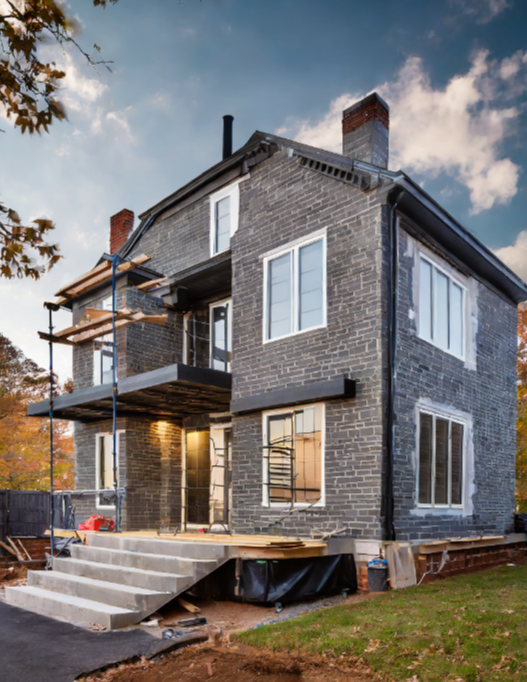
Tips for Renovating a Duplex
Here are some essential tips to keep in mind when renovating your duplex investment property:
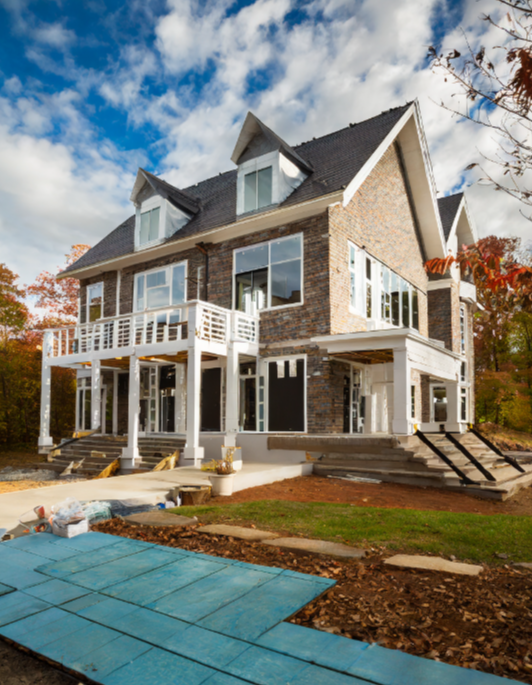
Investing in a duplex renovation with an FHA 203k loan can be a lucrative venture, but it requires thorough research and planning. With the right property, a qualified contractor, a clear understanding of 203k loans, and these renovation tips, you can set yourself on a path to a successful real estate investment journey.
